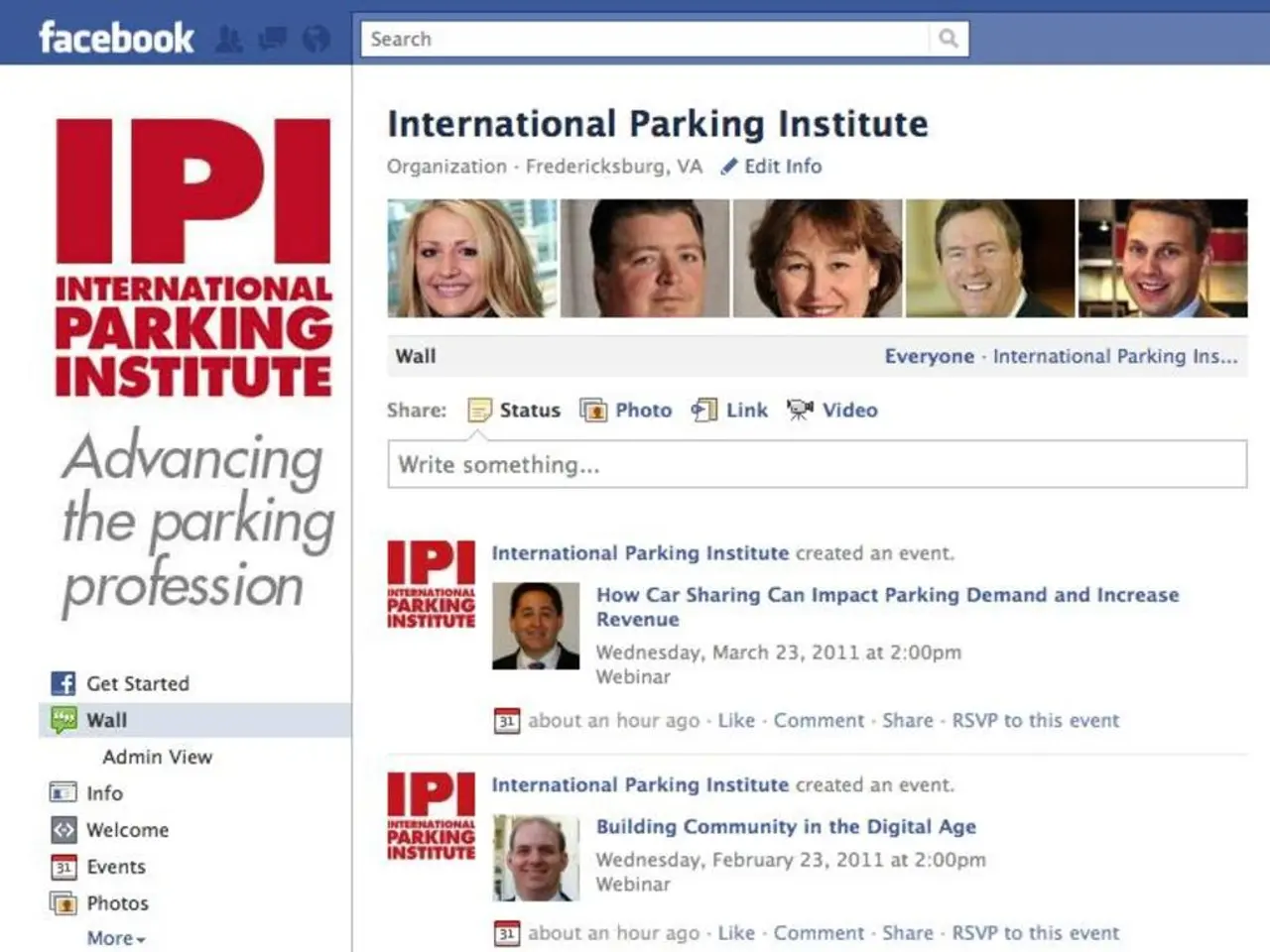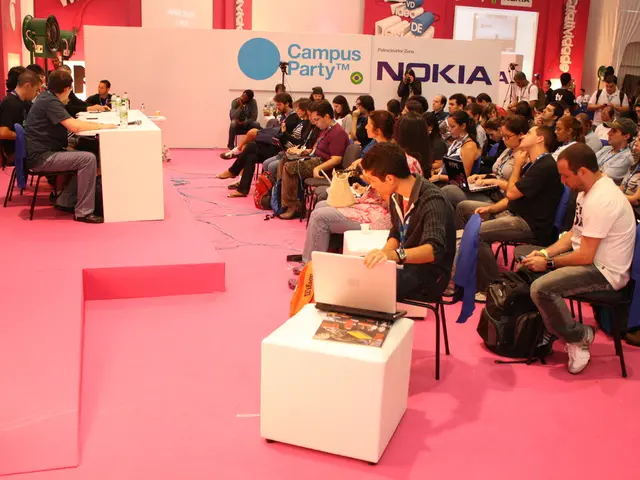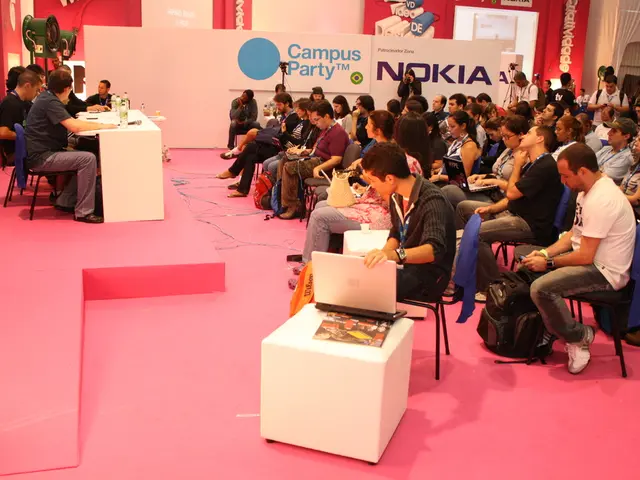Influence of Digital Platforms on Daily living Patterns
Social media has become an integral part of modern life, offering a platform for connecting with friends and family, accessing information, and discovering new ideas. However, its effects on mental health cannot be overlooked.
If not used mindfully, social media can have negative impacts on mental health, relationships, body image, productivity, and personal development. Research shows that excessive use of social media can lead to increased rates of anxiety, depression, negative self-image, and even suicidal ideation, particularly among adolescents [1][2][3].
Long-term concerns involve worsening of pre-existing psychiatric conditions, such as anxiety and depression, particularly when combined with problematic internet use and exposure to cyberbullying. These risks affect not only mental health but also physical and psychosocial development, especially in children and adolescents [4].
Excessive social media use can also lead to cognitive overload from constant information intake, which may exacerbate mental health problems like anxiety and depression [5]. The addictive design of social media platforms tends to worsen these issues, and there is a call for active supervision, screen time limits, and preventive measures to protect mental well-being over the long term [1][4].
Beyond mental health, social media can influence purchasing decisions through advertising, product reviews, and influencer endorsements. It can also shape how people communicate, consume information, and present themselves to the world. However, it is important to be aware of the impact of social media on mental health and seek support if needed.
To use social media in a healthy way, tips include setting boundaries for screen time, being mindful of the content consumed, and cultivating a positive and supportive online community. Finding a balance with social media involves being aware of its potential impact on various aspects of life while harnessing its benefits in a mindful way.
More positively, educational content on platforms like YouTube can serve as a valuable source of learning and skill development. Social media platforms like LinkedIn are used for professional networking and career development. It is important for individuals to be discerning about the content they consume on social media, ensuring it is accurate, reliable, and positive for personal growth.
In summary, prolonged heavy social media use is linked with increased anxiety, depression, negative self-perception, and aggravated mental health disorders, especially in youth and vulnerable populations, presenting significant long-term mental health risks. By being mindful of its potential impacts and adopting healthy usage habits, social media can be a valuable tool rather than a detriment to our mental well-being.
Personal growth can be hindered by excessive use of social media, as constant exposure to idealized portrayals of others may lead to feelings of inadequacy and negatively impact self-esteem.
Furthermore, the influence of social media on one's lifestyle extends beyond mental health, as it can distort perceptions of reality, making entertainment more appealing and potentially leading to unhealthy habits or choices.








